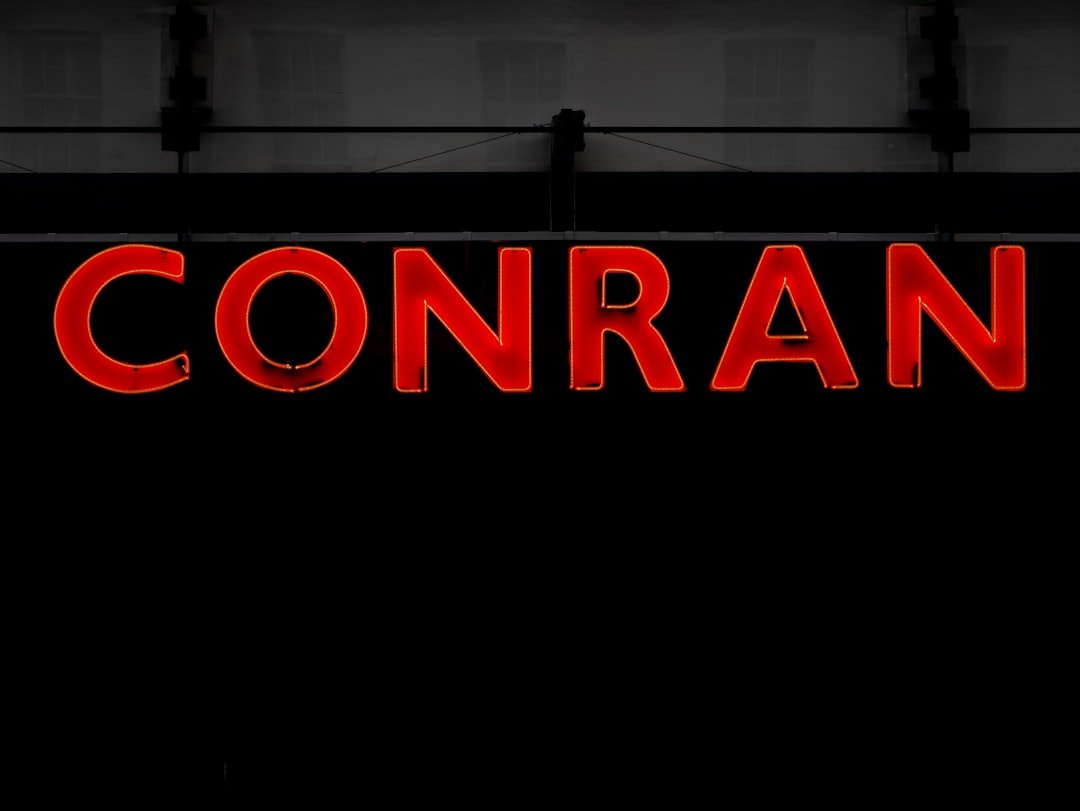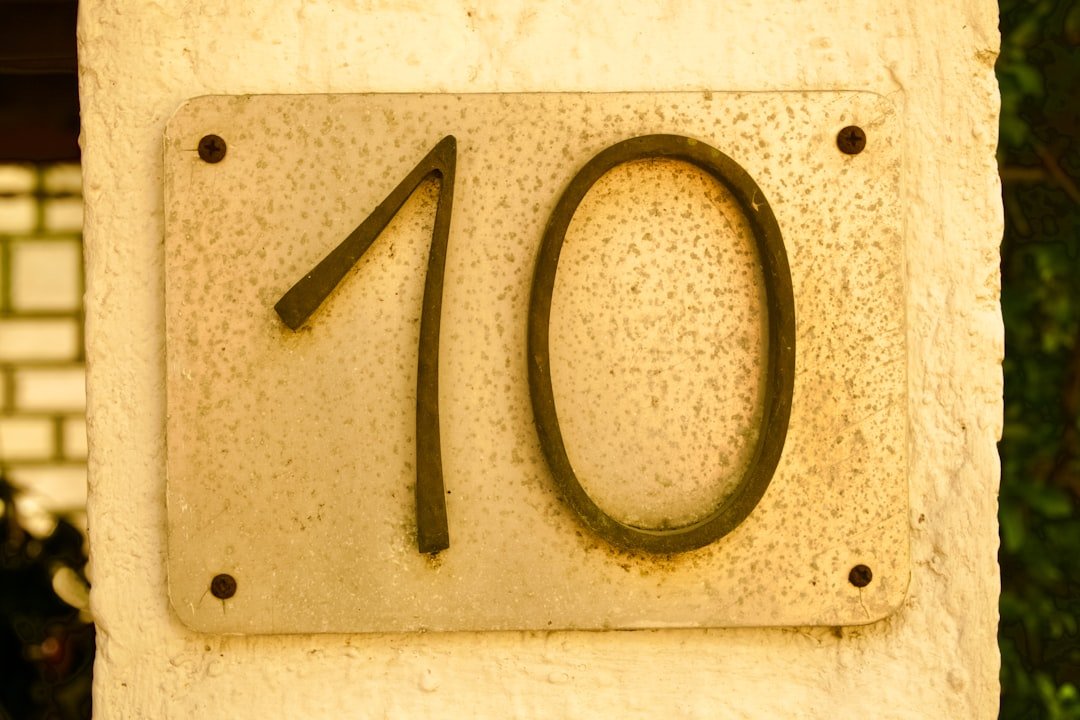The Curious Case of ‘Trump Dead’
The internet, a breeding ground for both information and misinformation, recently witnessed a surge in searches for “Trump dead.” This begs the question: what fuels such morbid curiosity, and what does it reveal about our digital age? This isn’t the first time such rumors have circulated; however, this instance provides a valuable lens through which to examine the mechanics of online misinformation.
Unpacking the Rumors
According to various sources, including one stating, “Social media users, without evidence, pushed claims that President Donald Trump had died in recent days after not being seen publicly” (Source Title: ‘Is Trump Dead?’ Rumors Debunked), the rumors appear to have originated on social media platforms. The wildfire spread of these claims underscores the speed and reach of online narratives, especially those fueled by speculation and sensationalism. Another source suggests the rumors stemmed from an interview with Vice President JD Vance (Source Title: ‘Is Trump dead?’: Bizarre rumors debunked after president …). The context of these comments requires further investigation to fully understand the genesis of the rumor.
The Power of Absence and Speculation
The absence of a public figure, as in Trump’s case, often creates a vacuum filled by speculation. The human mind tends to abhor a void, particularly regarding figures of power and influence. This vacuum becomes fertile ground for narratives, both plausible and outlandish, to take root and spread. A headline such as “LIVE: ‘Trump Is Dead’: Shocking Tributes Pour In For US …” clearly plays on this tendency, demonstrating how quickly rumors can escalate into seemingly ‘live’ events within the digital ecosystem.
Political Discourses and Online Narratives
One source notes the reactions to the rumors from certain political factions: “Online rumors of President Trump’s demise were greatly exaggerated — much to the dismay of creepy leftist critics” (Source Title: President Trump is alive and well after bizarre, false online …). This highlights how such incidents become interwoven with pre-existing political narratives and tribalism, further amplifying their reach and impact.
The Role of Media and Fact-Checking
While the rumor mill churned, credible news outlets quickly debunked the claims (Source Title: President Trump is alive and well after bizarre, false online …). This act of verification is essential, yet often struggles to keep pace with the rapid dissemination of misinformation. Moreover, the very act of debunking can paradoxically give more oxygen to the rumor, as seen in headlines like ‘Is Trump Dead?’ Rumors Debunked.
The Historical Context
The “Trump dead” rumor isn’t isolated. Historical precedent shows that unsubstantiated rumors surrounding public figures are not new. However, the digital age amplifies both the speed and scope of such incidents. A headline such as “Trump dead rumours: When White House offered head-scratching excuse for President’s new bruise amid health concerns” (Source Title: Trump dead rumours: When White House offered head …), while not directly related to the current rumor, illuminates the persistent public scrutiny and speculation surrounding a president’s health.
Understanding the Implications
The “Trump dead” incident provides several key takeaways regarding the current information landscape:
- The speed and virality of online rumors necessitate robust fact-checking mechanisms and critical thinking.
- The interplay between political polarization and online narratives further complicates the spread and interpretation of information.
- The absence of public figures can inadvertently fuel speculative narratives, highlighting the importance of transparent communication.
Conclusion
The digital realm has revolutionized information dissemination, but it has also created new challenges in managing misinformation. The ‘Trump dead’ episode serves as a microcosm of these challenges, demonstrating how quickly unverified claims can spread and the complexities of navigating the modern information landscape.
SEO Link Suggestions:
Internal Links: misinformation, political polarization, fact-checking
External Links:








